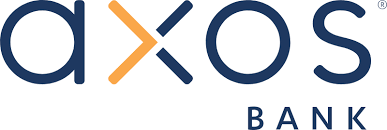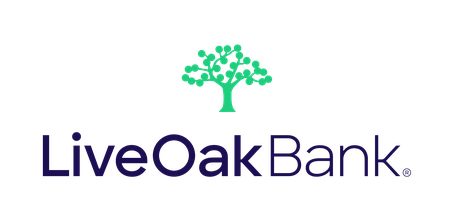Direct deposit is a secure way to receive your paycheck or government benefits. Instead of receiving a physical check, your funds are electronically deposited into your bank account.
This guide will explain how direct deposit works and the benefits it offers.
What is Direct Deposit?
Direct deposit is a payment method that electronically transfers funds from one bank account to another. Instead of receiving a physical check, your employer or government agency will deposit your funds directly into your bank account.
This eliminates the need to physically deposit a check and can save time and money. Direct deposit is a popular payment method because it is secure, convenient, and reliable.
How Does Direct Deposit Work
Direct deposit works by electronically transferring money—such as a paycheck or government benefit—directly into your bank account, instead of giving you a paper check. Here’s how the process typically works:
- You provide your bank details (such as your account number and routing number) to your employer, government agency, or whoever is making the payment. This is usually done by filling out a direct deposit form, sometimes with a voided check attached for verification.
-
The payer’s bank initiates the payment by sending your account information and payment amount through the Automated Clearing House (ACH) network, which securely processes electronic transfers between banks.
-
The ACH network moves the funds from the payer’s bank to your bank. Your bank then credits your account with the deposit, usually making the money available on the payment date or soon after.
-
Once set up, payments happen automatically with each pay period or scheduled deposit—no need for you to visit the bank or deposit a check.
Setting Up Direct Deposit
Here's how to set up direct deposit:
- Provide your employer or government agency with your bank account information.
- Include your account number and routing number.
- Once your information is verified, your funds will be automatically deposited into your account on the designated payday or payment date.
Direct deposit is a secure and convenient way to receive your funds, and it eliminates the need for physical checks and trips to the bank.
Benefits of Direct Deposit
Direct deposit offers many benefits to both employers and employees.
- For employees, it provides a convenient and secure way to receive their paychecks without the need for physical checks or trips to the bank.
- It eliminates the risk of lost or stolen checks. For employers, it streamlines the payroll process and reduces the cost and time associated with printing and distributing physical checks.
- Helps to ensure timely and accurate payments, which can improve employee satisfaction and retention.
Direct Deposit FAQs
- Is direct deposit safe? The answer is yes, direct deposit is safe and secure. Your bank account information is encrypted and protected, and payments are processed through a secure network.
- Can I split my direct deposit between multiple accounts? The answer is yes, many employers and government agencies allow you to split your direct deposit between multiple accounts, such as a checking and savings account.
- How long does it take for direct deposit to start? It usually takes one to two pay cycles for direct deposit to become active after you submit your information. The exact time can vary depending on your employer or payment provider.
- When will my money be available in my account? Funds from direct deposit are generally available at the start of the business day on payday. Some banks make the funds available up to 2 days earlier with early direct deposit.
- What happens if I change banks? If you change banks or accounts, you’ll need to provide your new bank details (account and routing numbers) to your employer or payment
provider and fill out a new direct deposit form. Update this information
as soon as possible to avoid any payment delays.














